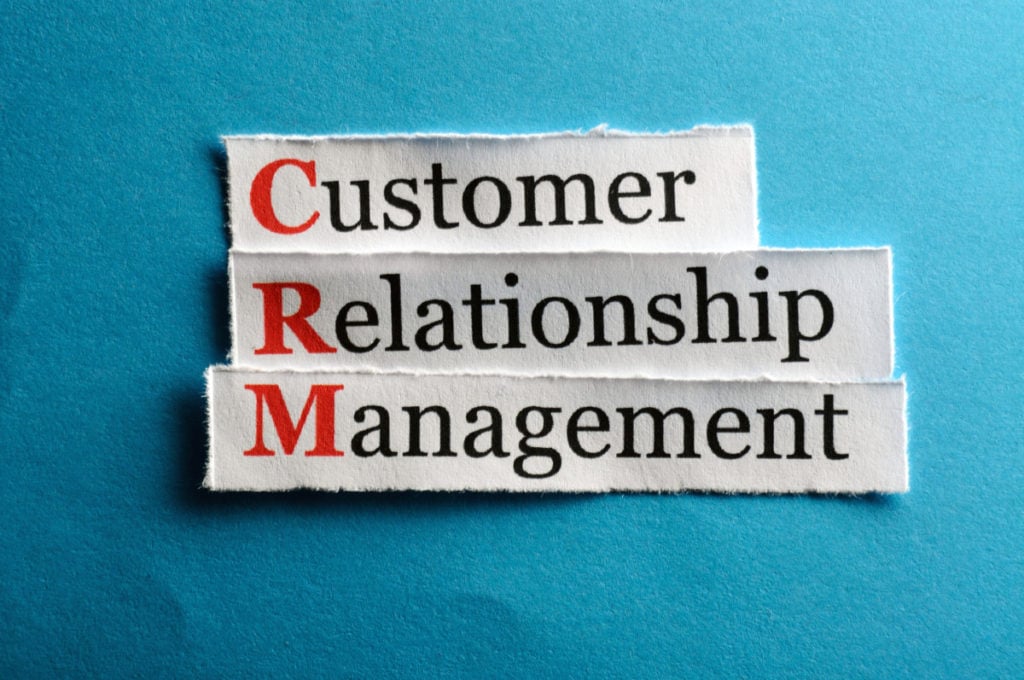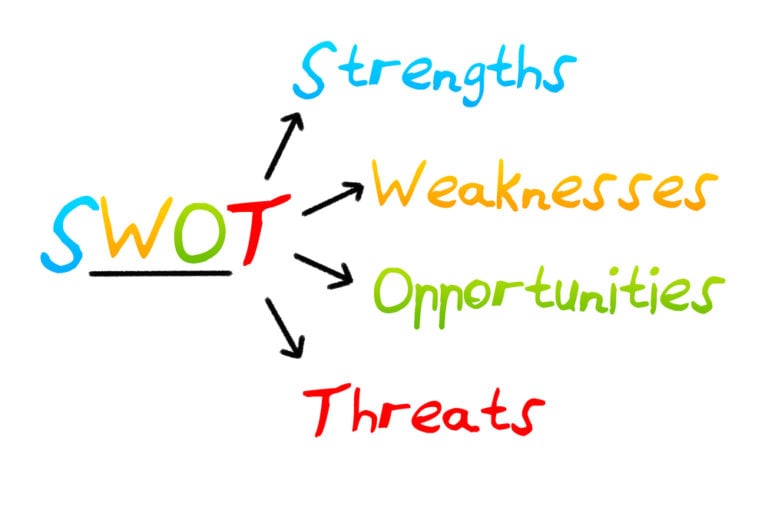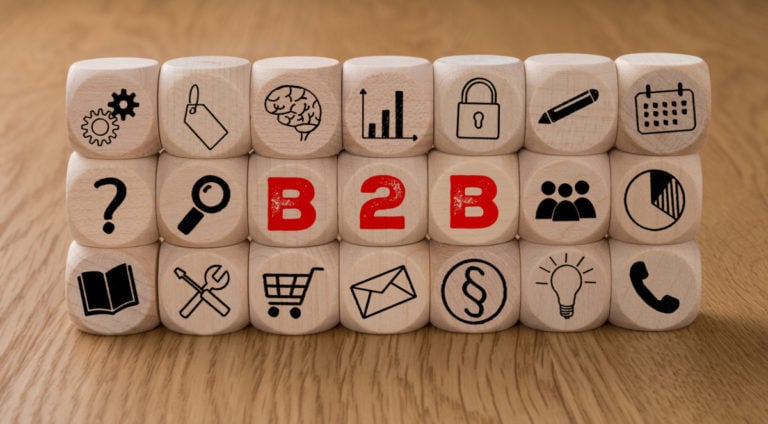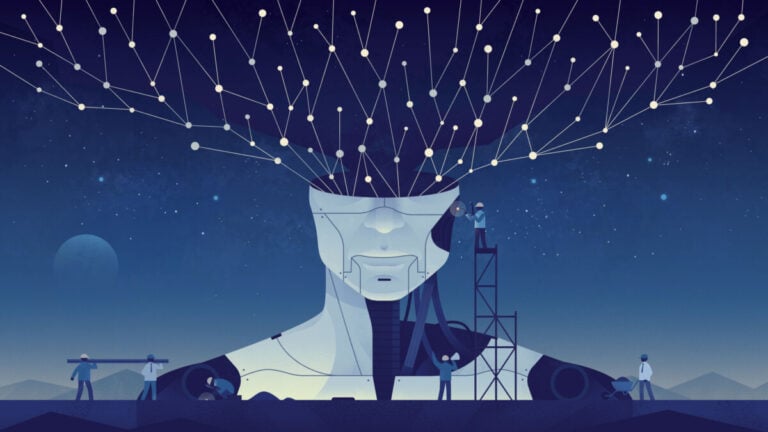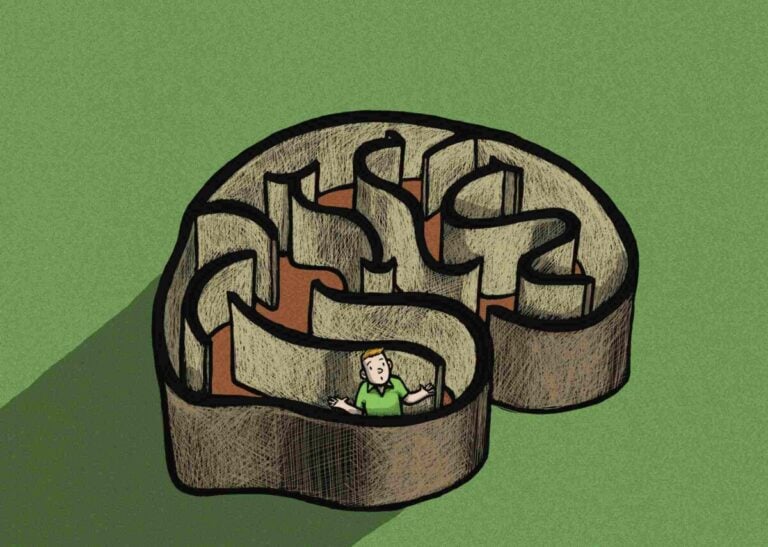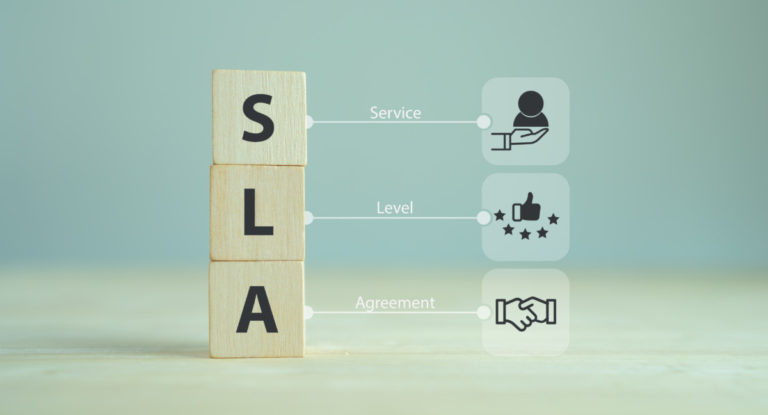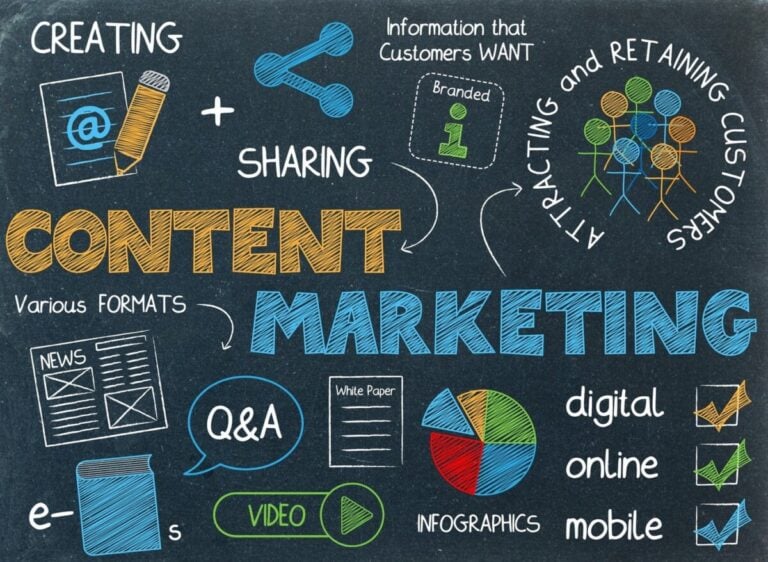CRM gives sales, marketing, and service teams access to the same information, allowing your company to deliver the consistent experiences customers want them to have.
Access to customer data also helps you sell products that may be of interest to the buyer, thus providing convenience. You can set up rules in the system so that, for example, when someone buys a new iPhone, they also receive an email about the purchase of a phone case and screen protector.
Automation is one of the most useful features that CRM offers. Solving customer relationship management problems without a custom solution is a lot of work. Enter information about each new contact manually. Take notes to keep track of details. Set reminders to send the next email. This workload does not scale. Even if you have a team that can help, doing things manually is inefficient.
CRM solves this problem. They can update data when the system changes, automatically retrieve data for display in charts and graphs, assign leads to different sales representatives, and more. With marketing automation features, you can create email sequences and determine when to send each email based on the actions taken by the lead or customer.
What is CRM?
It usually refers to digital platforms used to store data, send emails, etc. That’s what we’ll be focusing on in this article. However, the answer to the question “What is CRM?” actually has a close relative because CRM refers to both the concept and the technology used.
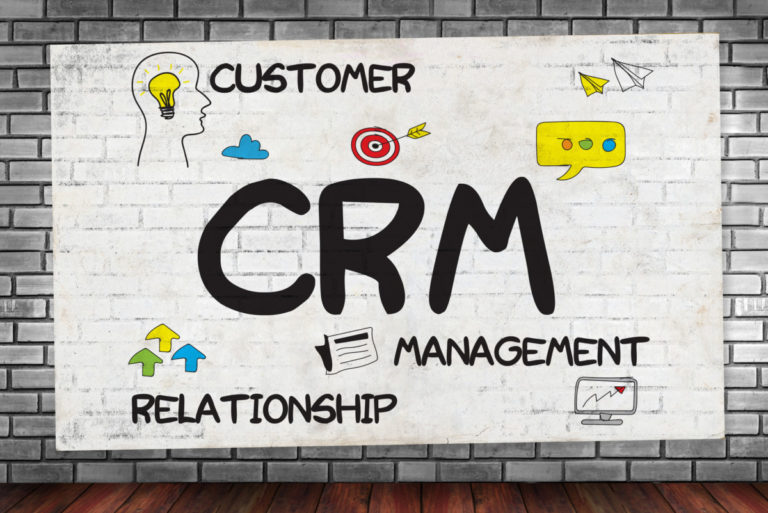
So, before you can explore what a CRM system is, you first have to ask what is customer relationship management.
On the other hand, customer relationship management software is a technology that helps your company manage customer relationships. It is often shortened to CRM, making it interchangeable with the concept of customer relationship management.
To illustrate this, imagine customer relationship management is the destination and software is the vehicle that will take you there. Although the CRM systems on the market have a wide range of capabilities, their main task is to help businesses interact with consumers.
CRMs are generally divided into three main types: operational, analytical, and collaborative.
- Operative – helps to optimize the company’s sales, marketing and services. Here you will find applications for sales automation (SFA), marketing automation and service automation.
- Analytical – allows you to explore data using methods such as data warehouse and data mining. Packed with robust analytics, these systems help you put your data to work by identifying trends, extracting insights, and building a better picture of who your customers are and what they want.
- Collaborate – Eliminates silos between teams so they can collaborate more effectively. For example, when the marketing department passes a qualified lead to the sales department, the sales rep can view the lead’s profile so they don’t blindly enter their interactions.
Keep in mind that many customer relationship management systems offer a diverse set of features. Real CRMs – in other words, SFA or marketing automation – combine elements of each type described above. This makes them one of the most powerful tools at your disposal.
Who uses CRM?
You might think that only large enterprises need CRM. But CRMs are useful even for companies with a small number of employees. There are even solutions specifically for non-profit organizations. A study by CSO Insights in 2018 found that almost every company uses customer relationship management, whether it’s a commercial product or a special version that combines various tools.
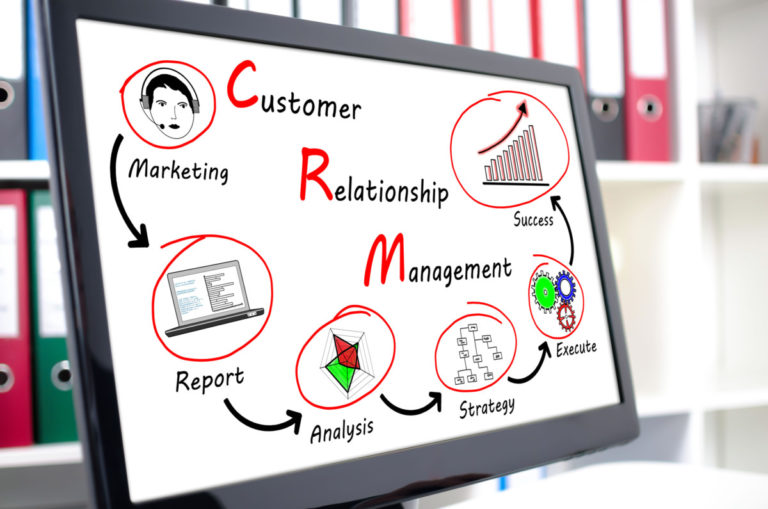
No matter what industry or company size you’re looking at, customer relationship management has become the cornerstone of building a successful business. As we just reviewed, the CRM solution will be primarily used by the sales, marketing, and customer service departments.
When should my company move to CRM?
How to determine the right time to say goodbye to your table and go mainstream? It depends on the unique situation in your company. Every business is different. However, here are a few good indicators it’s time to invest in effective customer relationship management:
- Your table has turned into a Frankenstein monster and is out of control. Contact tracking is a nightmare.
- You are losing revenue and need software to generate better leads and increase sales.
- Your business has outgrown your internal CRM fiction. It’s time to simplify the work or drown in everything.
- One of your sales representatives leaves and you suddenly realize that there are no processes and systems that would ensure the filling of the pipeline and the flow of sales.
How much does CRM cost?
It depends entirely on the level of functionality you need. If you have a small business, an open source CRM or a free version of a premium product may be suitable for you.
If you need more features, there are a number of pricing options that can cost hundreds to thousands of dollars a year. There are a few things to keep in mind:
- A typical CRM fee structure is subscription based, where you pay per user monthly or yearly. If one user costs $100, then five users will cost $500. The exception is on-premises systems such as SAP or Oracle systems, which have a licensing model where you make a one-time purchase and get the right to use the software.
- Vendors almost always have different price levels that add more features the higher you go. So if you want an advanced feature like task automation, it will cost more.
- You can also pay more for additional contacts or storage.
